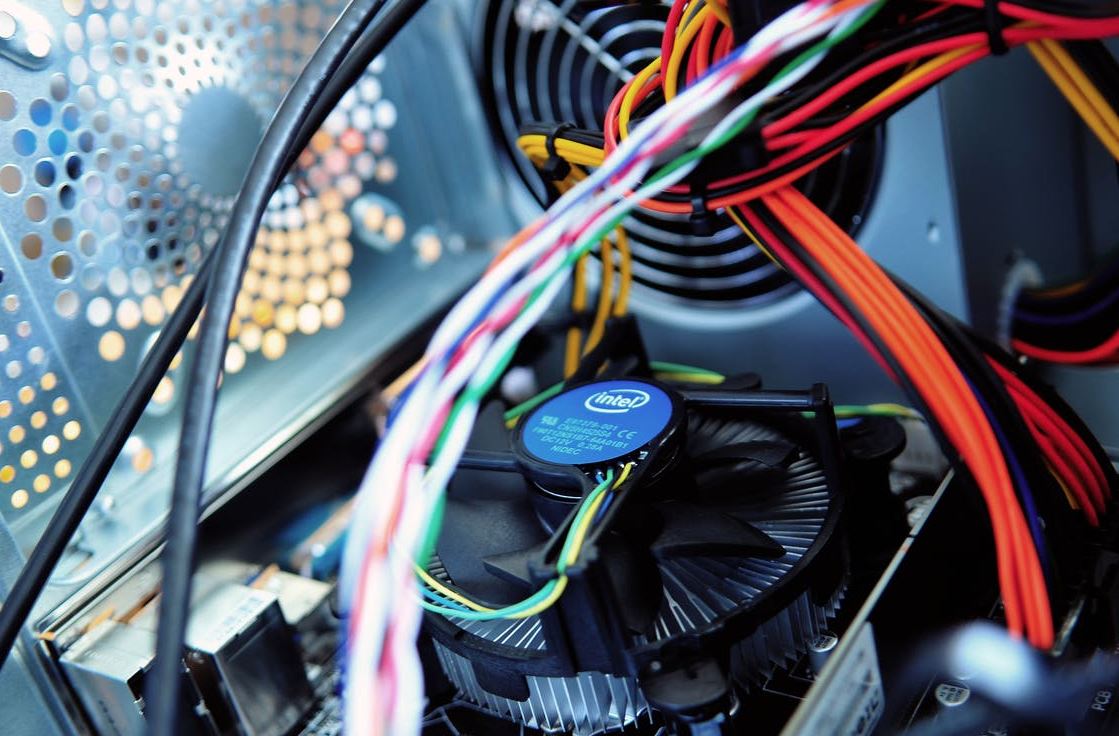You may have noticed some issues in your local network lately. This might be slow or erratic connections resulting from problems with either network cables or the structural wiring itself. Public power and communications grids are becoming increasingly outdated or in disrepair. Here are a few basic but common causes of wiring and cabling issues you should consider.

1. Overloading
This is a common electrical problem but can also affect the bandwidth of older cabling. The system may simply be inadequate, for instance when putting a 100 watt bulb in a fixture rated for 60 watts. With wiring this leads to overheating and risks of fire. With cabling, it creates bottlenecks. Be sure your infrastructure is adequate to the demands you’re putting on it.
2. Wind stress
If lights flicker constantly, it’s likely because a circuit is overloaded and power usage fluctuates. However, if this occurs only when it’s windy, or network performance suffers under the same conditions, you may have a loose connection or frayed wire or cable on the exterior of your building. Have your power or communications company check and repair the connection.
3. Damaged wiring
Wiring and cabling can suffer from wear and tear in new as well as old buildings. They may be loose and exposed to foot traffic or jostling furniture. Another common cause is rodents. They are likely to chew on anything that interests them. Damage to insulated wires will admit interference, or expose live wires for risk of electrical shorts and sparks. If your electrical issues coincide with rodent problems, be sure to call an exterminating company like Greenleaf Organic Pest Management first.
4. Aluminum wiring
If you’re in an older building, you should be aware that aluminum wiring was used in many structures during the 1960s and 1970s as a cheaper alternative to copper. However, connections can loosen over time due to contraction and expansion with changing temperature. Aluminum can also corrode where it makes contact with copper. Sometimes this can be fixed with a cheap dielectric nut, but if you have aluminum wiring, consider having it replaced.
5. Electrical noise
Inadequately shielded wires or cables can also suffer interference from electromagnetic fields or high frequency radio waves. The source for these is usually powerful electrical appliances such as generators, heavy equipment, central power junctions, or welders that conduct a lot of current. Have a professional check on your power and data grids and eliminate these risks through re-routing or better shielding.
When you’re having network issues, the state of your wiring or cables is the first thing you should check. There’s no point in upgrading your hardware until you know the power and data grids are reliable.

